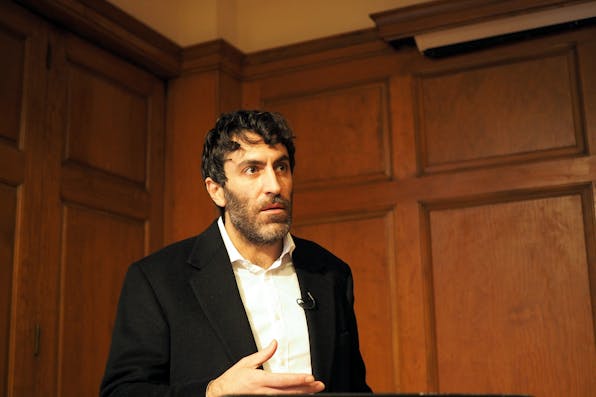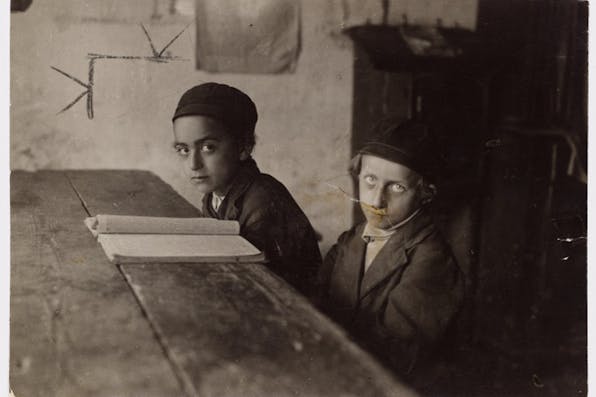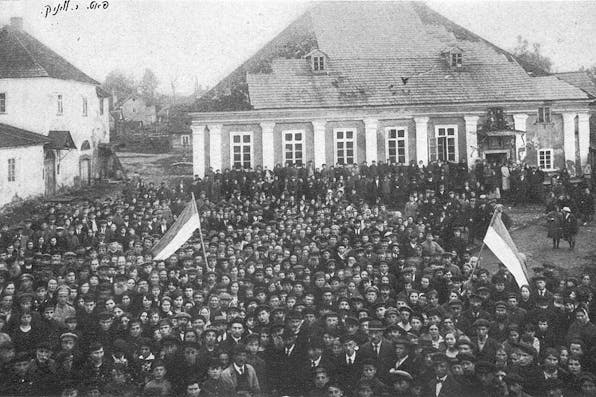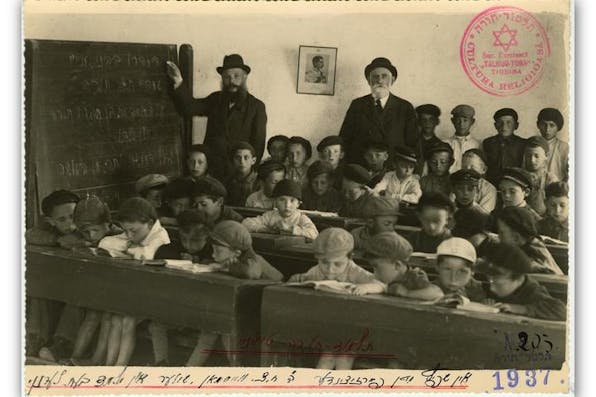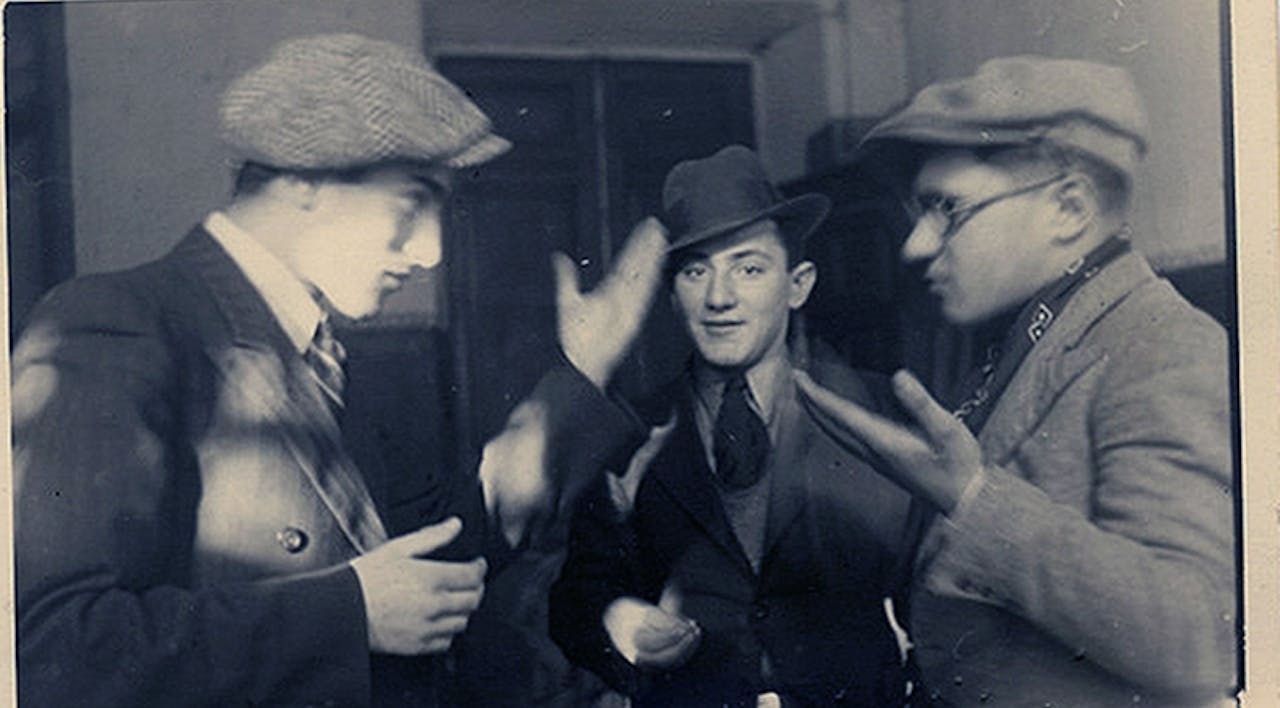
December 2020
My Quarrel with “My Quarrel with Hersh Rasseyner”
How I came to translate one of the greatest stories in all of Yiddish literature, a work that I believe uniquely illuminates the debate at the very center of Jewish modernity.
This month, Mosaic is pleased to offer a seminal essay by Ruth R. Wisse on the great Yiddish writer Chaim Grade’s story “My Quarrel with Hersh Rasseyner.” Alongside this essay, we’re pleased to present Wisse’s original translation of the work, which is the first unabridged version of the story to be published in English. A printable PDF package containing both essay and translation is available here, and you can listen to Wisse’s essay below.—The Editors
In early January 1960, just after having arrived in New York to begin my graduate studies in Yiddish literature, I had the privilege of attending a lecture by the acclaimed Yiddish poet and novelist Chaim Grade (pronounced Grahdeh). Born in Vilna in 1910, educated in a yeshiva of the Musar movement in Bialystok, Grade had returned to Vilna in the early 1930s and launched a career as a secular poet. After World War II and the Holocaust, in which he lost his family, he moved to New York. There, in addition to poetry, he began also to write prose: over the years, a great deal of it. He died in New York in 1982.
At the time of his lecture, Grade had not yet made a name for himself in English. But in Yiddish circles he was highly distinguished not only as a writer but as a lecturer on subjects ranging from Maimonides to Rembrandt. For me, it was thus a thrill to be present at his lecture, whose subject was “The Culture of Eastern Europe,” and afterward to be invited (perhaps on the basis of my own family connections with Vilna) to join him and his Yiddish publisher for dinner at the Russian Tea Room.

